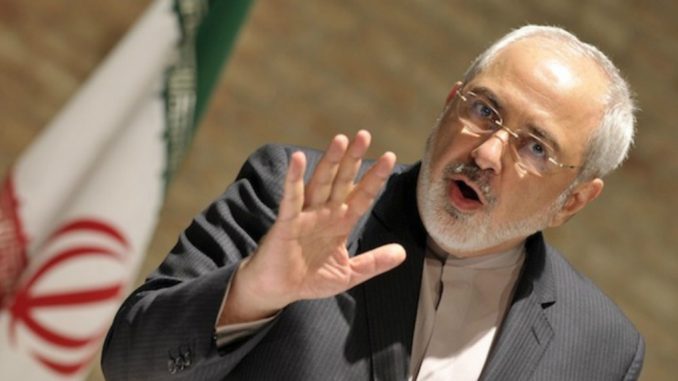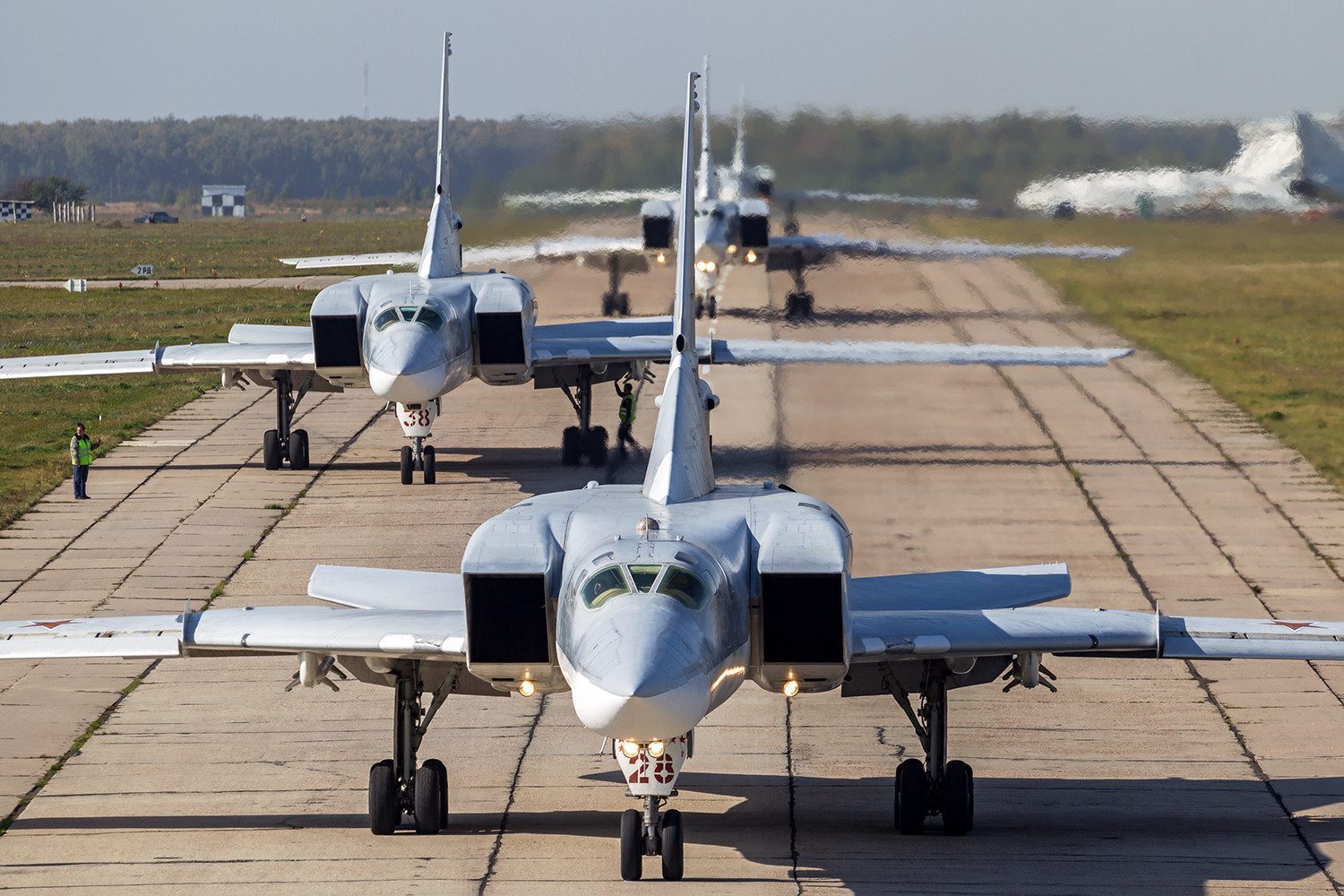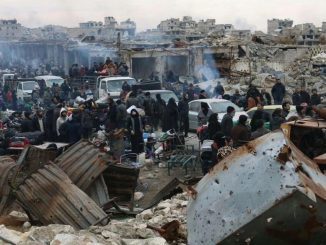
Iran says it rejects any participation by US representatives at the scheduled Syria peace talks in Astana after Russia and Turkey have previously decided they should be present.
After achieving the most important military victory for Assad regime and its allies in Aleppo, Russia said it has a new plan for Syria peace talks which can be achieved with powers that have a real effect on the Syrian ground, who are Russia itself along with Turkey and Iran.
Turkey used its influence over the Syrian opposition, brought them together, and made them accept a deal with the Assad regime.
Russian president Vladimir Putin then said that both the opposition and Asad regime have signed a number of documents including a ceasefire agreement between the Syrian government and the opposition, measures to monitor the ceasefire deal and a statement on the readiness to start peace talks to settle the Syrian crisis.
Putin said that three documents which open the way to solving the Syria crisis, and said both Russia and Turkey will be guaranteed for the ceasefire and peace talks.
Before this declaration, Russia said any political efforts to end the Syrian crisis with Russia are over. However, it changed this tone later and decided to invite both US and UN.
Dispute over US invitation
At a news conference on Tuesday, Russian Foreign Minister Sergei Lavrov said that Russia intends to invite the US to the peace talks.
“We’re now preparing the Astana meeting. We think it would be the right thing to invite the representatives of the UN and the new US administration to the meeting, taking into account that the meeting will take place on January 23, as planned,” Lavrov said.
He added that Russia hopes the incoming Trump administration will accept the invitation.
“We’re counting on the new [US] administration accepting this invitation and being represented by experts on any level they consider possible. It will be the first official contact during which we could begin discussing stepping up the efficiency of fighting terrorism in Syria,” Lavrov added.
Turkish Foreign Minister Mevlut Cavusoglu said on Saturday that Turkey and Russia had decided to invite the United States to the Astana discussions, which begin on Jan. 23.
The Russian ambassador to the United Nations Vitaly Churkin, has joined calls for the UN to be onboard during the Syria peace talks in Astana. According to Churkin, UN representatives could act as “moderators of contacts between the Syrian sides.”
Farhan Haq, a spokesman for the UN Secretary-General, told RIA Novosti that the UN “has received an invitation to take part” and will attend. He added the UN representatives will “try to give maximum support” to the negotiations.
However, Iran seemed angered by these remarks and said it rejects any participation by US representatives at the scheduled Syria peace talks in Astana.
“We are opposed to a US presence [in Astana],” Iran’s Foreign Minister Mohammad Javad Zarif is quoted as saying by the Tasnim news agency.
“We have not invited them [US], and we are against their presence,” the official added.
Iranian President Hassan Rouhani, speaking separately on Tuesday at a news conference broadcast live on state television, said: “Iran, Russia and Turkey managed to bring a ceasefire to Syria … It shows these three powers have influence.
“The (Syrian) armed groups have accepted the invitation of these three countries and are going to Astana.”
Asked why the United States and Saudi Arabia had no direct role in the talks, Rouhani said: “Some countries are not attending the talks, and their role was destructive. They were helping the terrorists.”
Russia needs Syria as a strong country that serves as an ally in the future. Russia wanted to use the peace talks to end in a political solution that ends the Syrian crisis and stops the war and military operations, as the more this war lasts the more Syria will be destroyed and harder to be rebuilt again.
On the contrary, Iran refuses any reconciliation between the government and the rebels. Iran wants the war to last until all the opposition forces are annihilated not caring for the destruction and lost lives. Iran needs Syria as a weak and destroyed land which will be easier to control and easier to be shaped in the future in the way that serves Iran’s goals.
Iran’s refusal may be a hindering in the way of the upcoming peace talks. However, it seems that Russia depends more on Turkey in the political process to put more pressure on Iran, and to replace Iran totally in case it refused to let the solution Russia wants be applied.



